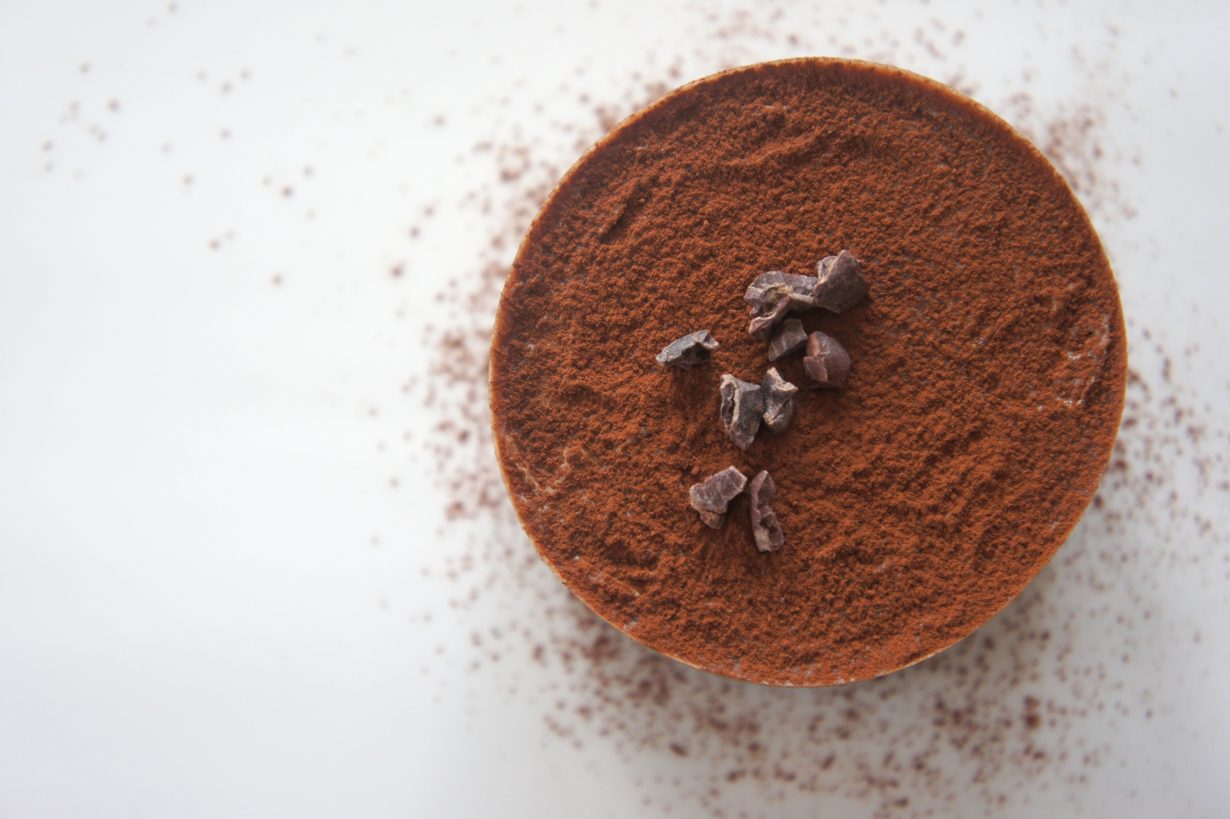
Is Cocoa Good for the Brain?
Mihaela Dimitrova, B.Sc. via News-Medical Net – One of the most fascinating scientific challenges is to enhance human cognitive abilities. Research interests have been focused on preventing age-related cognitive decline and sustaining optimal cognitive performance in cognitively demanding situations.
Research has shown that cocoa and cocoa-derived products have many cardiovascular benefits. In recent years, neuromodulation and neuroprotective properties have also been suggested. Cocoa has been implicated to have the potential of counteracting cognitive decline and sustaining cognitive abilities through direct and indirect biological actions.
What are Flavonoids?
With age-related cognitive decline becoming a major health issue, scientists are becoming more aware of the modulating effects of food constituents on human health and have begun to explore a particular kind of plant metabolites called flavonoids. Cocoa beans are one of the richest sources of flavonoids, in particular, the flavanols subclass in the form of epicatechin and catechin. Another source of flavonoids, though in a lower concentration, is chocolate.
Epidemiological studies have suggested that flavonoids are associated with several cognitive benefits such as the decreased risk of cognitive decline and dementia and a lowered risk of cognitive impairment.
Mechanism of Action
Increasing evidence supports the neurocognitive enhancement and neuroprotective benefits of cocoa. The neurobiological effects of flavonoids are mediated by several actions including their ability to protect vulnerable neurons, stimulate regeneration and enhance neural function. Flavonoids interact with the pathways involved in neural survival, long-term potentiation (LTP) and memory.
Flavonoids interact with signaling proteins that are essential for pro-survival pathways. Through this interaction, flavonoids counteract neuronal injury which is the underlying cause of many neurodegenerative diseases such as Alzheimer’s and Parkinson’s disease. Flavonoids can cross the blood-brain barrier and have been located in areas important for memory and learning such as the hippocampus, cerebellum, cerebral cortex and the striatum. These areas are susceptible to neurodegeneration.
Flavonoids have direct interactions with pathways crucial for triggering gene expression and protein synthesis in long-term potentiation. In the hippocampus, flavonoids promote the expression of a protein called brain-derived neurotrophic factor (BDNF). BDNF is key in the process of adult neurogenesis, neuronal survival and synaptic growth.
Flavonoids interact directly with cellular and molecular structures involved in memory function. Animal models indicate that this direct interaction is the mechanism of promotion of cognitive benefits.
Cardiovascular Actions
In addition to the direct action on memory functions, flavonoids exert an indirect effect on neurocognitive function via inducing cardiovascular actions. The consumption of cocoa and chocolate had been well established to have cardiovascular benefits such as the maintenance of normal blood flow and improvement of blood pressure.
Flavanols such as epicatechin increase nitric oxide bioavailability which is crucial for regulating vascular function. This leads to improvements in vascular tone and improved regulation of blood pressure. These changes extend to brain perfusion which is the net pressure gradient causing cerebral blood flow to the brain. This causes a better cerebrovascular coupling during neuronal activation which is essential for the structural and functional integrity of the brain. These processes also promote adult neurogenesis in the hippocampus.
Research has shown that flavanol-rich cocoa can have cognitive enhancement properties after a single administration via increasing the cerebral blood flow.
Effects of Daily Intake of Cocoa on Cognition
Research has addressed the effects of cocoa flavanols in normal ageing and clinical populations. Daily consumption of a flavanol-rich drink leads to improvements in cognitive performance in elderly people with early memory decline and healthy elderly population.
This research compared the effects of low, medium and high concentration of flavanol on cognitive function. As compared to the low-flavanol condition, medium and high flavanol content consumed over eight weeks were linked to improved processing speed, executive function and working memory in individuals with mild cognitive impairment. A higher concentration of flavanol intake also led to improvements in verbal fluency.
Several flavonoids have been implicated in restraining the progression of Alzheimer’s disease. They play a crucial role in maintaining the number and quality of neurons in key brain areas thus preventing the progression of neurodegeneration.
Conclusion and Future Directions
The benefits of the consumption of flavonoid-rich food have been widely researched demonstrating the potential pf flavonoids to lessen age-related cognitive decline and improve memory functions. These effects are exerted through flavonoids’ biological actions including neuroprotection and cognitive modulation.
The accumulated evidence from research studies suggests that cocoa is beneficial for sustaining cognitive performance, improving measures of general cognitive abilities such as attention, memory and processing speed. These cognitive effects are mediated by direct neuroprotective actions and indirect actions of improving cerebrovascular and metabolic functions.
Research converges on the point of proposing cocoa as a novel tool for the protection of human cognition and a way to counteract cognitive decline. Future research should focus on the identification of sensitive experimental measures of detecting flavonoid induced changes and characterization of appropriate dose and timing of flavonoid intervention as to reach beneficial effects in different populations.
To read the original article click here.






